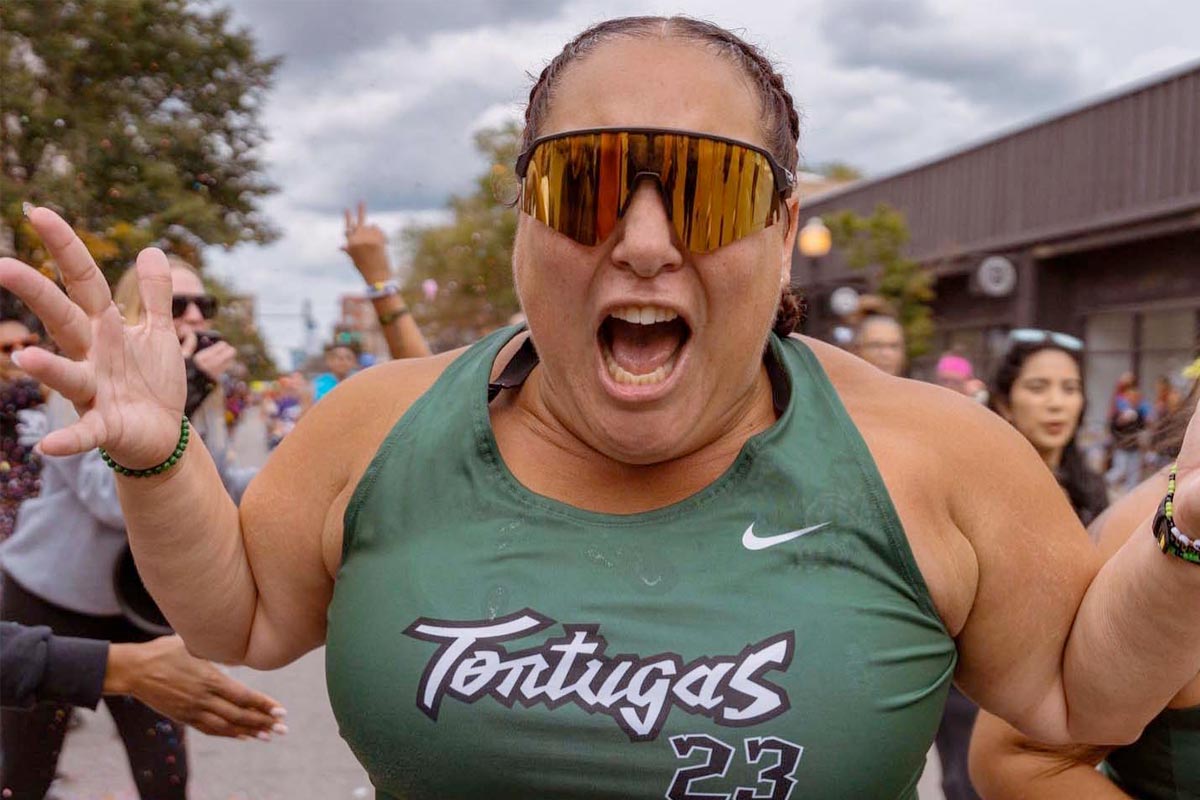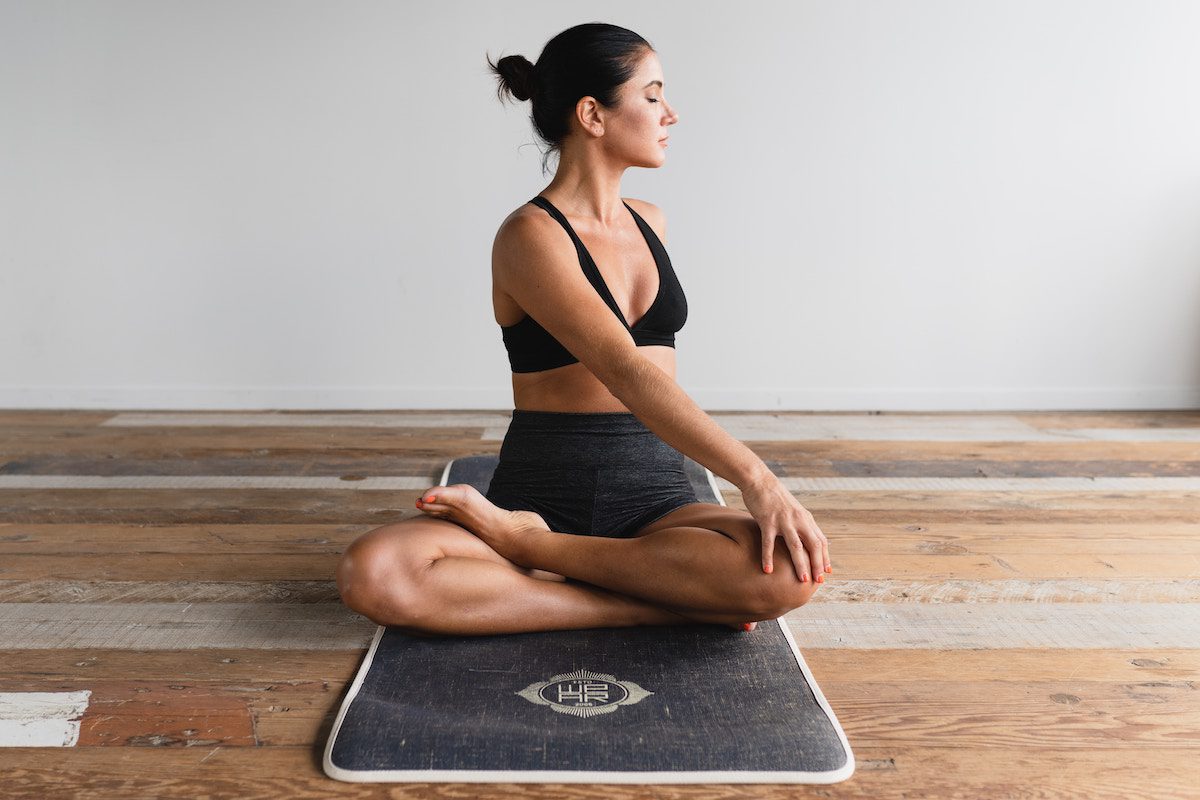What to Know About Pelvic Floor Physical Therapy
If you are a mom or if you have listened in on moms chatting about the aftermath of child birth, I am sure you have heard the “joke” (aka, not really a joke) about how all moms pee a little after they laugh or run or sneeze. YEP! That’s motherhood. It’s funny, but deep down, it’s really not so funny.
I remember after birthing my daughter almost a year ago, wondering if I’ll ever be able to run again without worrying about that or if I am laughing so hard at one of my husband’s corny jokes, I was just doomed to leak (sexy, I know).
Motherhood is weird. It’s beautiful and magical and all those wonderful things. But it’s also weird, and this is the true reality of it.
So in an effort to help out other mamas and myself, I reached out to a few pelvic floor specialists to get some guidance on pelvic floor physical therapy.

Here’s what a pelvic floor specialist actually does
But let’s start at the beginning, what is a pelvic floor specialist? Kelly Short, PT, DPT, explains, “A pelvic floor physical therapist is a ‘regular physical therapist,’ who treats the common back/shoulder/knee injuries, but then also has taken specialized courses focusing on the muscles of the pelvic floor. These are the muscles that are the base of your trunk. Your bladder, uterus and vagina (female only) and intestines/rectum sit directly on top of these muscles. A pelvic floor physical therapist treats conditions in both male and females such as incontinence, pelvic pain, pain during intercourse, constipation, and diastasis rectus.”
And in what instance would a woman want to see a pelvic floor specialist? Some common reasons include urinary leakage when laugh/cough/sneeze, pelvic pain, dyspareunia (painful intercourse), constipation, urinary incontinence (both urge and stress), pelvic organ prolapse, and diastasis recti. A common theme that each specialist noted, while many of these symptoms are common, they are not normal and a pelvic therapist can HELP!
How can pelvic floor physical therapy help postpartum?
So what exactly can a pelvic floor specialist do to help a postpartum mama out? Meredith Rassam, PT, MSPT, MS, explains, “Along with a full orthopedic evaluation (looking at hip and back range of motion, strength, flexibility) A pelvic floor therapist evaluates the function of the pelvic floor. We look at the ability to contract, relax and lengthen the pelvic floor. We test the strength and endurance of these muscles. We feel for trigger points. We assess breathing and rib cage mobility. We check for any signs of pelvic organ prolapse.”
She continues, “It’s hard to give general advice without evaluating for any dysfunction. I do generally start with breathing and having my clients coordinate their pelvic floor with their breath. Rib cage should expand in 360 degrees, chest should rise slightly and the belly should rise with an inhale. The pelvic floor should lengthen on the inhale, which we focus on if there is a tight pelvic floor. If the pelvic floor is weak, I encourage engaging the pelvic floor with an exhale.”
Short also agrees that exercises vary for every woman. “Pelvic floor muscle strengthening is not always indicated. Sometimes relaxation is necessary first, which is where a pelvic floor physical therapist can help determine.”
Both pelvic floor specialists agree, if you aren’t sure if you would benefit from a pelvic floor specialist, call them and discuss your symptoms with one. Women’s health through the APTA has patient resources if you would like to do some more research as well. Taking care of yourself postpartum includes taking care of your pelvic health, mamas!












